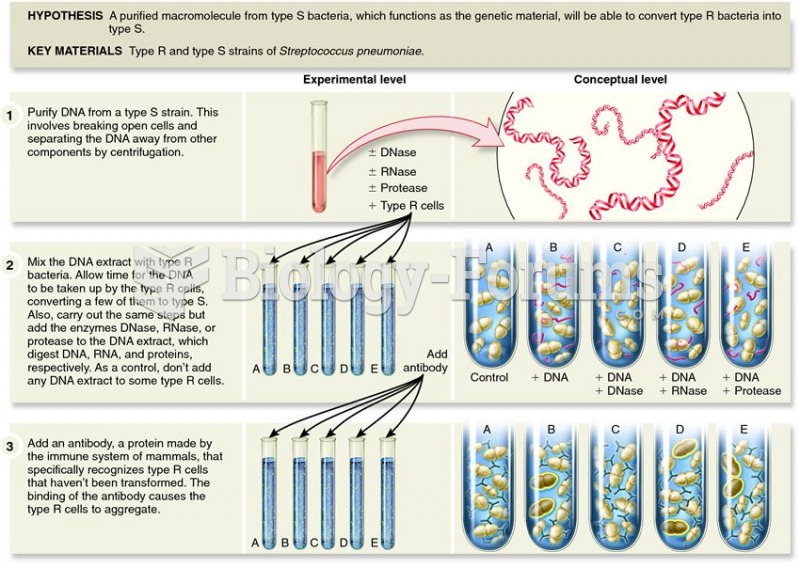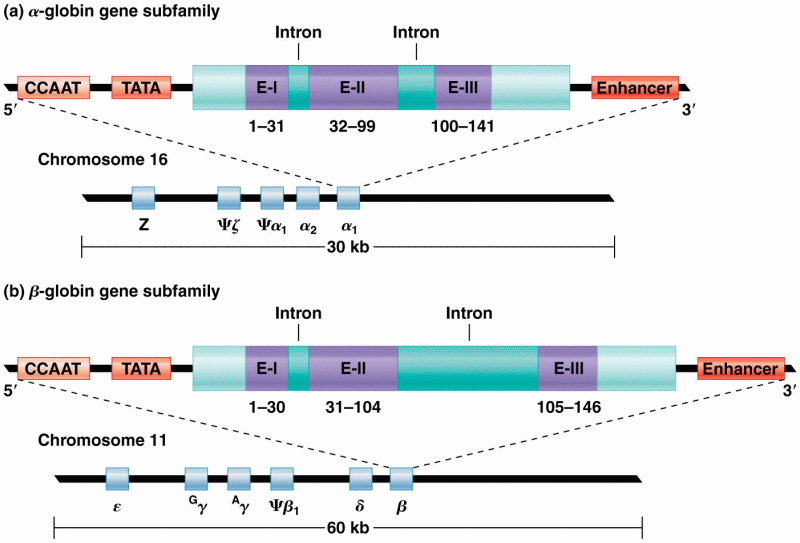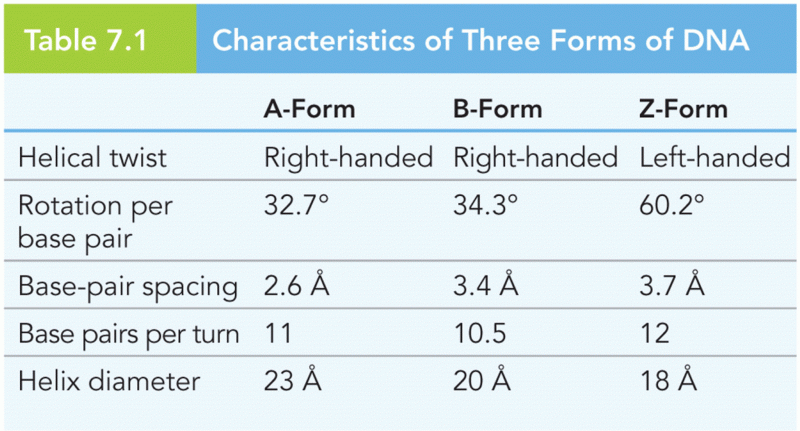|
|
|
More than 34,000 trademarked medication names and more than 10,000 generic medication names are in use in the United States.
In most cases, kidneys can recover from almost complete loss of function, such as in acute kidney (renal) failure.
A recent study has found that following a diet rich in berries may slow down the aging process of the brain. This diet apparently helps to keep dopamine levels much higher than are seen in normal individuals who do not eat berries as a regular part of their diet as they enter their later years.
There are over 65,000 known species of protozoa. About 10,000 species are parasitic.
Since 1988, the CDC has reported a 99% reduction in bacterial meningitis caused by Haemophilus influenzae, due to the introduction of the vaccine against it.







